INTJ vs ESTJ – Your Super-Simple Guide
Are you an ESTJ or an INTJ? While these types may seem vastly different at first, they actually mistype as each other very frequently. This is especially true when it comes to ESTJs mistyping as INTJs.
This quick and easy guide will help you to understand which type best fits you. But before you begin
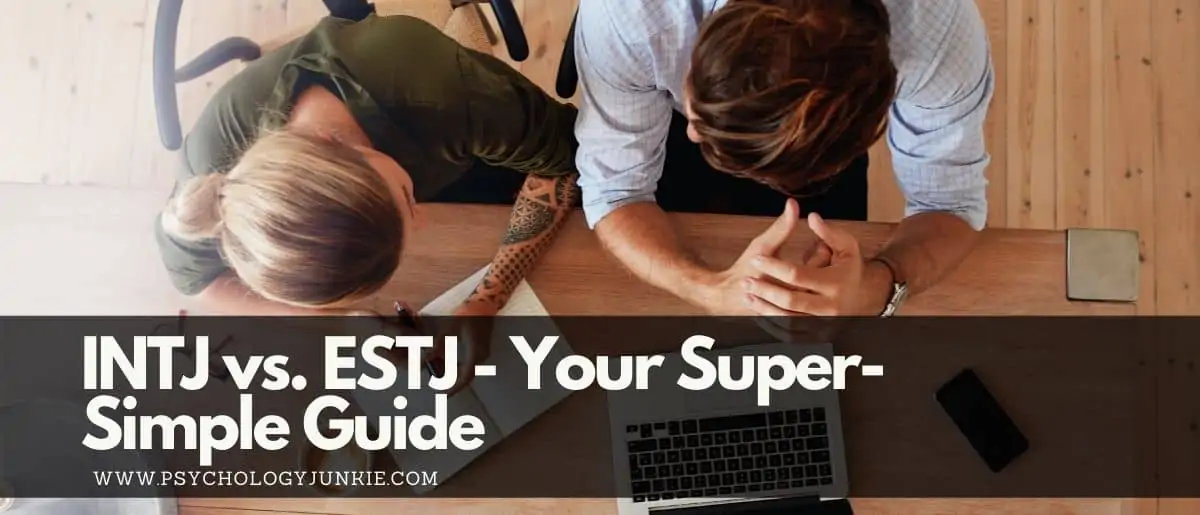
Estimated reading time: 5 minutes
GET RID OF THE STEREOTYPES:
- Extroverts aren’t all loud, noisy, attention-seekers. Introverts don’t always hate people or lack social skills.
- Sensors aren’t boring, dull, or shallow. Intuitives aren’t airheads and/or flighty.
Anyone can be anything. A sensor can be flighty, an intuitive can be shallow. But that’s not related to personality type. That’s simply related to maturity. I say this because waaaay too many people get tied to a specific type because they’ve heard stereotypes about the other type. Lots of extroverts don’t identify as extroverts because they hear them described as loud, vapid party-animals. Sensors don’t identify as sensors because they heard somewhere on the internet that sensors are dull or shallow.
So pause, breathe, and get rid of the stereotypes.
Ready now? Alright.
Keep in mind, you will at times relate to both statements listed here. The question is which statement is most natural to you? Which option (INTJ or ESTJ) is your most intrinsic/innate urge?
The INTJ vs. ESTJ Personality Guide – Which One Are You?
INTJs
You feel happiest when you can ponder the deeper meaning of something. Your mind is happy when it’s mulling over a concept or theory.
ESTJs
You feel happiest when you’re working towards one of your objectives. You’re a “doer” more than an analyzer, always trying to make advances on your task list.
INTJs
You focus primarily on the future and what will happen in the distant years ahead. The world around you in the present is only interesting insofar as it can point to a future reality or possibility.
ESTJs
You focus primarily on what you know through experience. This means you reference your past in order to anticipate the future or handle the present. You highly value verifiable, “lived” proof in order to anticipate something.
INTJs
You often struggle to start a project because you want to make sure everything you’re doing lines up with your vision of the future. Getting the timing right is crucial to you. Having a clear vision is essential. Until you’ve charted your course you feel hesitant to begin something.
ESTJs
You are decisive and action-oriented. You want to get started on something as soon as possible, and you figure you can adjust your goals if needed further down the road. Waiting or mulling things over tends to make you stressed or irritable.
INTJs
When people are speaking to you, you need time to reflect on what they’re saying before you respond. You don’t tend to have an immediate answer right away unless their question is very simplistic.
ESTJs
You tend to think “off the cuff” and give your opinions and thoughts very directly. You don’t typically need a lot of time to absorb what’s being said.
INTJs
You consider yourself a “visionary.” Your drive is to anticipate, predict, and foresee what will happen.
ESTJs
You consider yourself a “doer.” You aim to be practical, down-to-earth, and to work resourcefully with what you know.
INTJs
You tend to be out of touch with the physical details around you. You are mostly focused on the world inside your mind, thus paying attention to objects in your vicinity can be difficult. You may trip over things regularly, misplace objects, or forget to eat or drink properly because you’re always conceptualizing or analyzing something.
(Keep in mind, any type can be out of touch with the physical world when they’re overtired or stressed).
ESTJs
You are typically very in touch with the physical world around you. You are more focused on what “is” than what “could be” in the distant future. You may spend so much time taking action and getting things done that you forget to tap into what’s personally significant to you as an individual. You may de-prioritize your individual values and needs because you’re so focused on “staying on task.”
INTJs
When you’re extremely stressed, you tend to get impulsive and focused on the sensory world. This could mean binge eating, spending a lot of money, over-exercising, or hyperactively cleaning every surface in sight. It’s different for every INTJ. You can find out more about this in my article about INTJs and stress.
ESTJs
When you’re extremely stressed, you tend to withdraw, introspect, and focus on your feelings. Normally a sociable, logical type, when you’re depressed you feel hypersensitive and alone.
To sum it up:
INTJs are visionaries before they are doers. They conceptualize, predict, and anticipate before they put action to their predictions. The knowing is the important thing to the INTJ, moreso than the doing.
ESTJs are action-oriented types. They don’t like deliberating for long because they don’t want to waste time. They feel an urgent need to accomplish and they have a commanding, straightforward presence.
Still not sure?
These articles can help you to clarify which type fits you best:
24 Signs That You’re an INTJ, the Strategist Personality Type
24 Signs That You’re an ESTJ, the Captain Personality Type
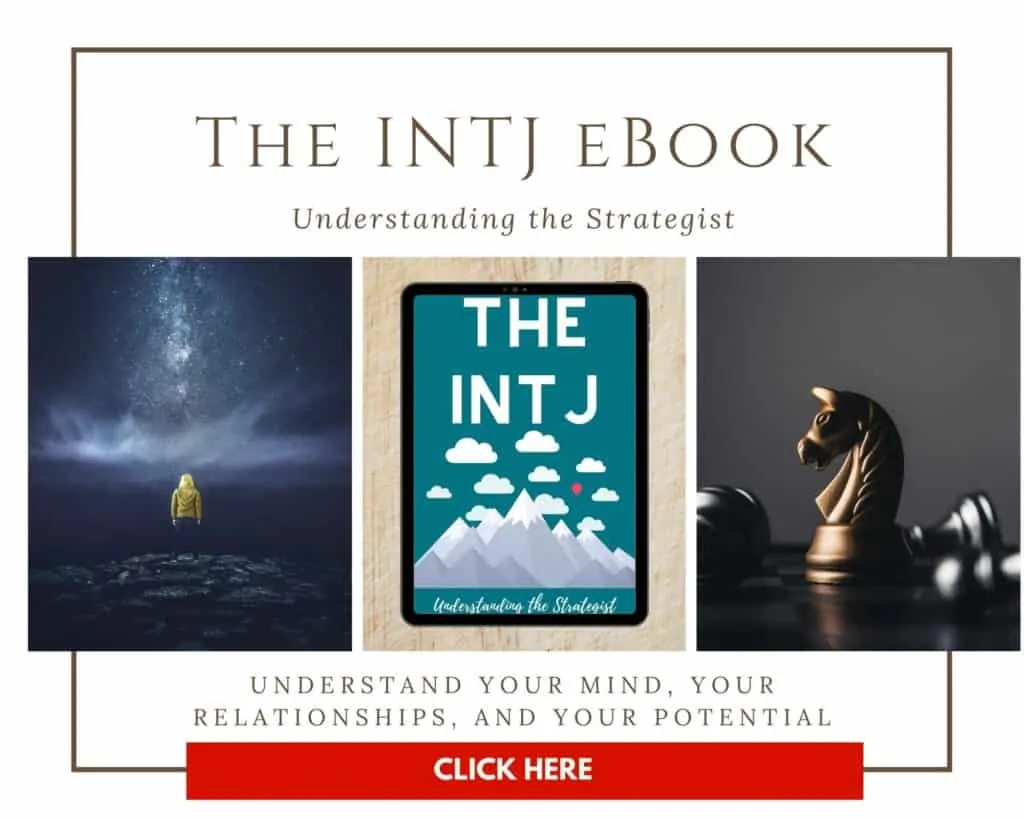



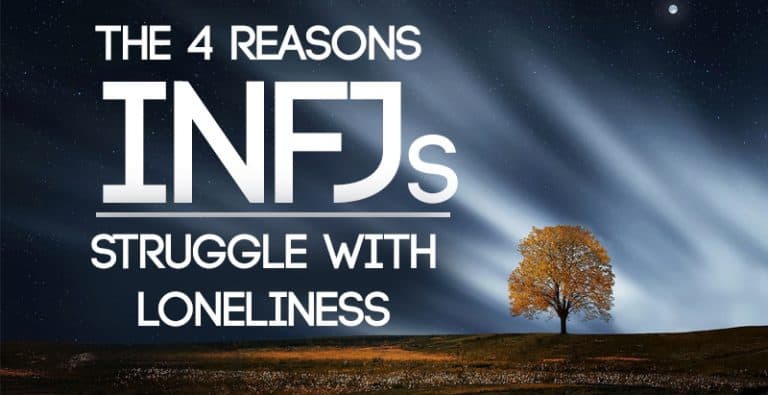
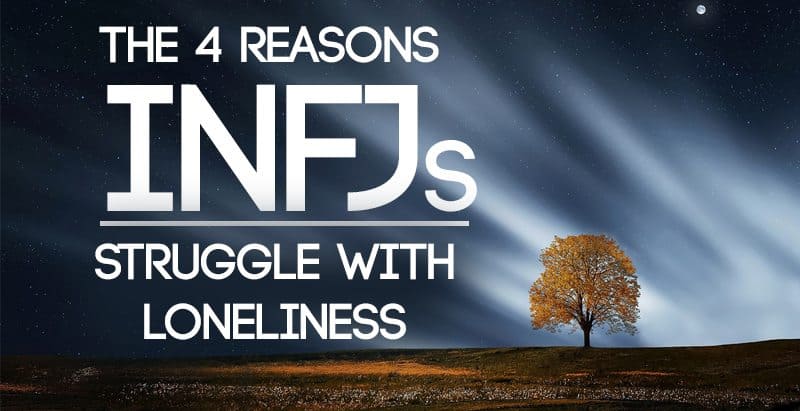

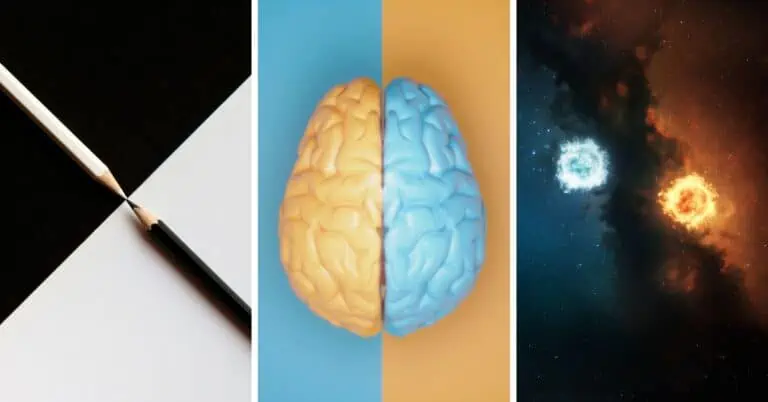
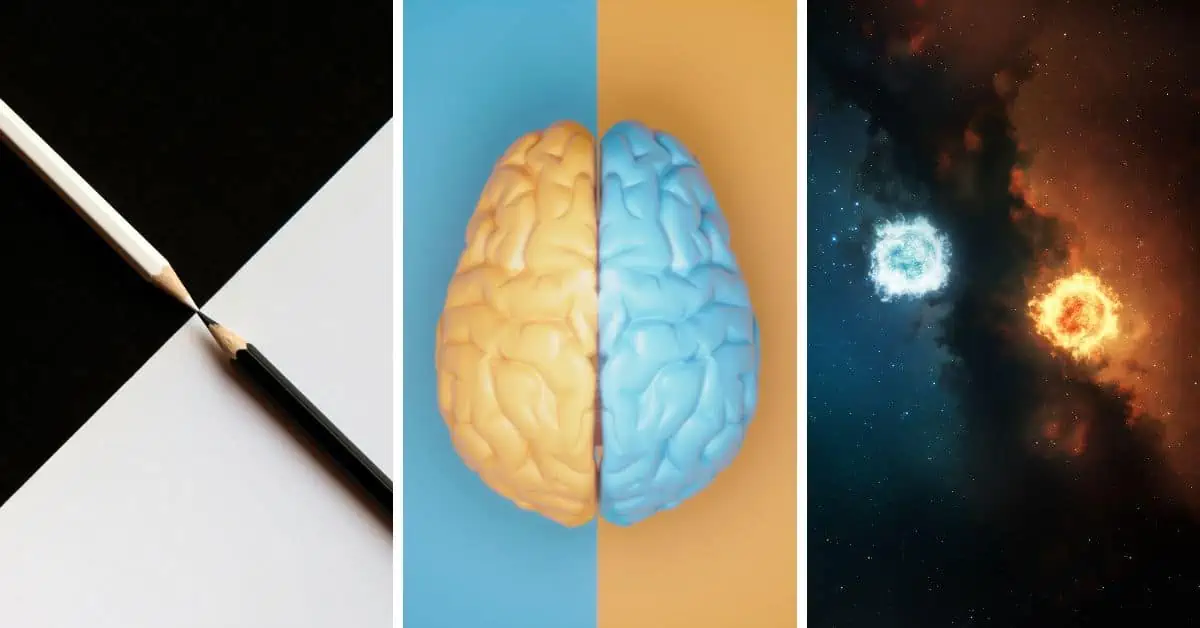
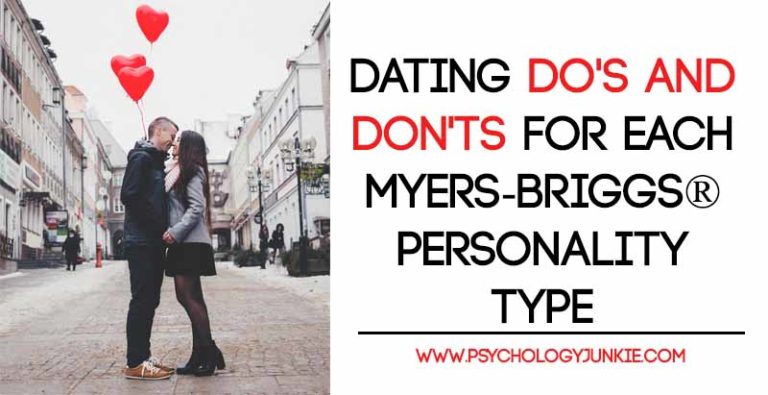
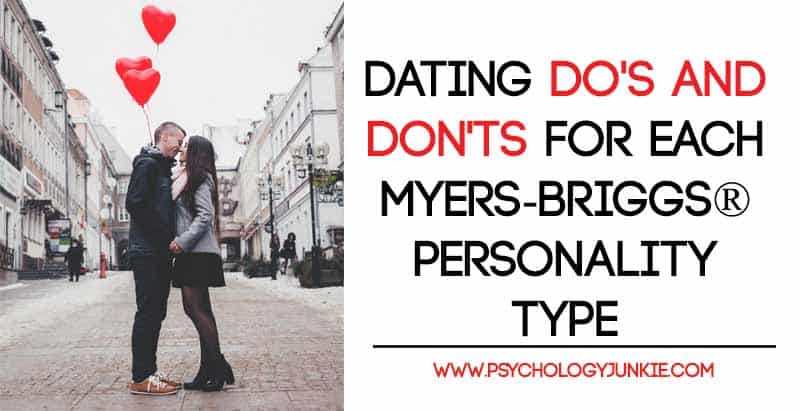
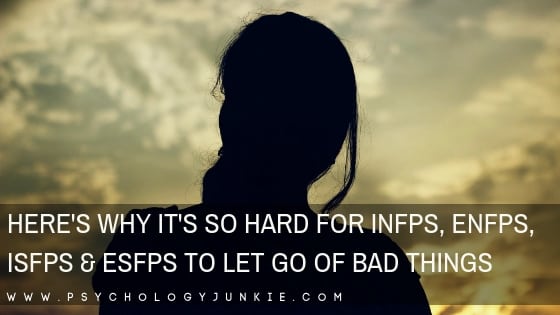


“You may trip over things regularly ”
lol Absolutely not.
Can you please do INTJ vs INFP? Thanks!
I’m adding it to my list! Thanks for the suggestion!
I think this confusion happens between ESTJs and INTJs because both can be very intelligent and studious people, while both giving off this reserved personality. Introverted intuition comes off as having depth in the sense of long term futuristic plans. Introverted sensing comes off as having depth in that a deep knowledge of the past makes it look like they’re able to predict every single thing in the future, when they just happen to understand repetitive patterns in the past no one or rarely anyone notices very well. Si to Ne makes this situation where past experiences slowly allow SJs to develop a set of possibilities with Ne based on past experiences, and in combination, that can look like Ni. Having aux Ne and ter Si, I know that exploring possibilities eventually compile into a series of memories and experiences to look back on to learn lessons (That is, if we remember the lessons and good memories of success rather than all the regrets and failures you get with lower Si) , so I understand that it’s the opposite process for SJs.
I’m not sure why me Ne bounced to this, but for some reason, this reminds me a bit of how ESFJs and ENFPs get mistaken for each other only because of a similar “bubbly” vibe. This is the issue if people only type based on vibe alone. Both get be rather bubbly because Ne-Fi can be bubbly in the sense of the random nature of idea generating by their own hearts, and Fe-Si can seem bubbly because that is the type of personality others want for them. Similar behaviors, but different reasons.
INTJ here, my boyfriend is an ESTJ. At first, I thought he was an ENTJ but he’s certainly an ESTJ to the core. This article resonated with me. I related to all of the INJT statements and the ESTJ statements definitely reminded me of him. Him and I are extremely different but we fundamentally have the same things in common. Where he is strong I am often weaker so it usually works out. Sometimes I don’t fully understand him but I accept him for who he is.